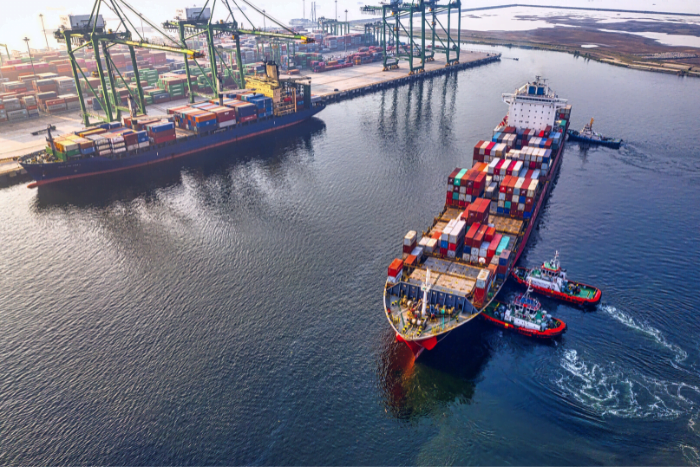Technological prowess is now an expectation for global third party logistics providers. Allport Cargo Services’ approach is not to build its own proprietary systems, but to act as a superuser of Infor Nexus’ shipping software.
Rather than shippers having to either buy software to internally manage global logistics or farm that responsibility out to a third-party logistics provider (3PL), 3PL Allport Cargo Services USA (ACS) wants to give cargo owners a third option via a hybrid approach.
It does so by leveraging its expertise in one of the more prominent shipment management software suites — Infor Nexus — and running parts or all of the system for its shipper customers.
…
ACS’ use of Infor Nexus is not unique. In general, the use of brand-name software is now becoming a selling point for some 3PLs, not something to hide from customers.
“NetJets for logistics”
Ken O’Brien, chief operating officer at the New York-based Gemini Shippers Group, described the ACS model versus other 3PLs as “NetJets versus owning your own Gulfstream” referring to the company that allows parties to buy a partial stake in a private jet. With ACS, shippers who might otherwise be unable to procure or deploy Infor Nexus as a solution have access to a highly-regarded supply chain product, he said.
“What’s different about this is the pilot is included,” O’Brien said. “Unlike buying a sophisticated solution and learning to use it, with ACS, Bill and his team are power users of this – you can instantaneously leverage all of the power of the Infor Nexus solution without the rigorous internal training and implementation.”
Gemini, which represents a range of shippers that jointly procure ocean capacity with container lines, has an Infor Nexus license and a relationship with ACS that allows any member to discuss using the 3PL’s services and solutions.
That might help, for instance, a Gemini member moving 500 TEU a year get access to Infor Nexus, via ACS, that it ordinarly would not be able to afford.
“If you think about the evolution of 3PLs and NVOCCs, originally they emerge because the ocean carrier doesn’t do the service part as well,” O’Brien said. “Then they decide ‘we’ll extend that middle layer – we’ll do it all.’ Between [the time of the Ocean Shipping Reform Act in 1998] and through the financial crisis, when the NVOCC market shoots through the roof, it becomes about the margin. And because of that the tail is wagging the dog.”
O’Brien said ACS focuses on service as opposed to making a margin on freight. “Rather than focusing on buying freight for $1 and selling for $1.10, ACS is focused on charging a reasonable fee to provide a valuable service using sophisticated software.”
This article was originally published by the Journal of Commerce. To continue reading, visit joc.com.


